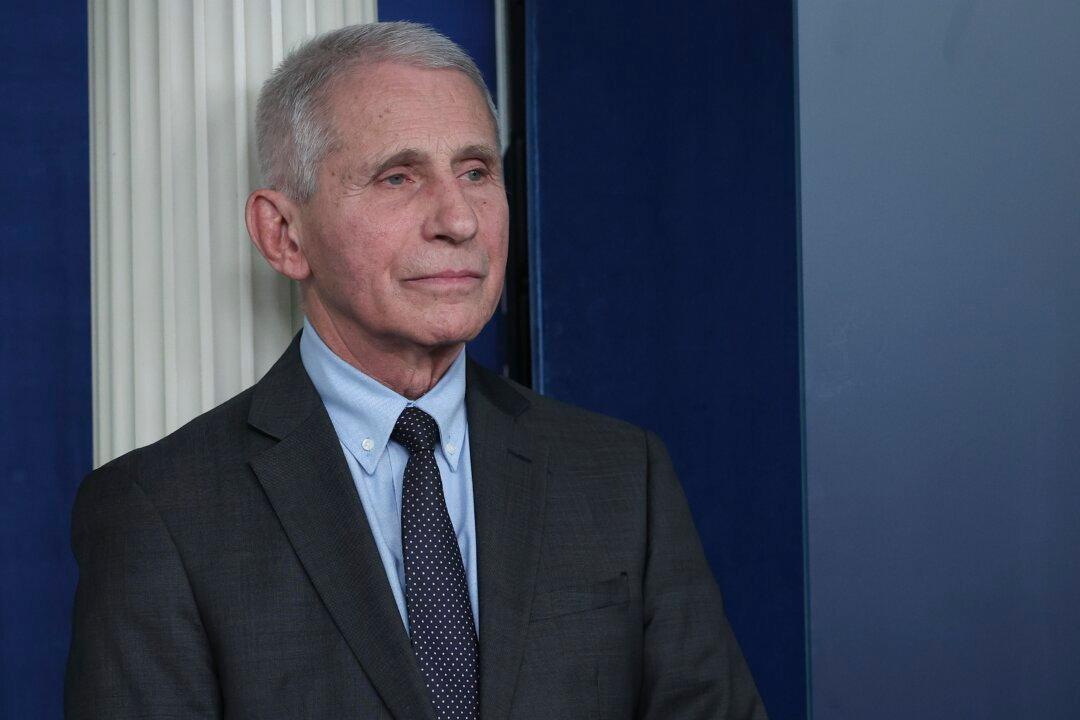Dr. Anthony Fauci’s deposition, taken as part of a lawsuit alleging collusion between the U.S. government and Big Tech to censor people, was released on Dec. 5.
The 446-page document shows the questioning of Fauci, the longtime director of the National Institute of Allergy and Infectious Diseases and President Joe Biden’s chief medical adviser. Fauci was under oath on Nov. 23.





